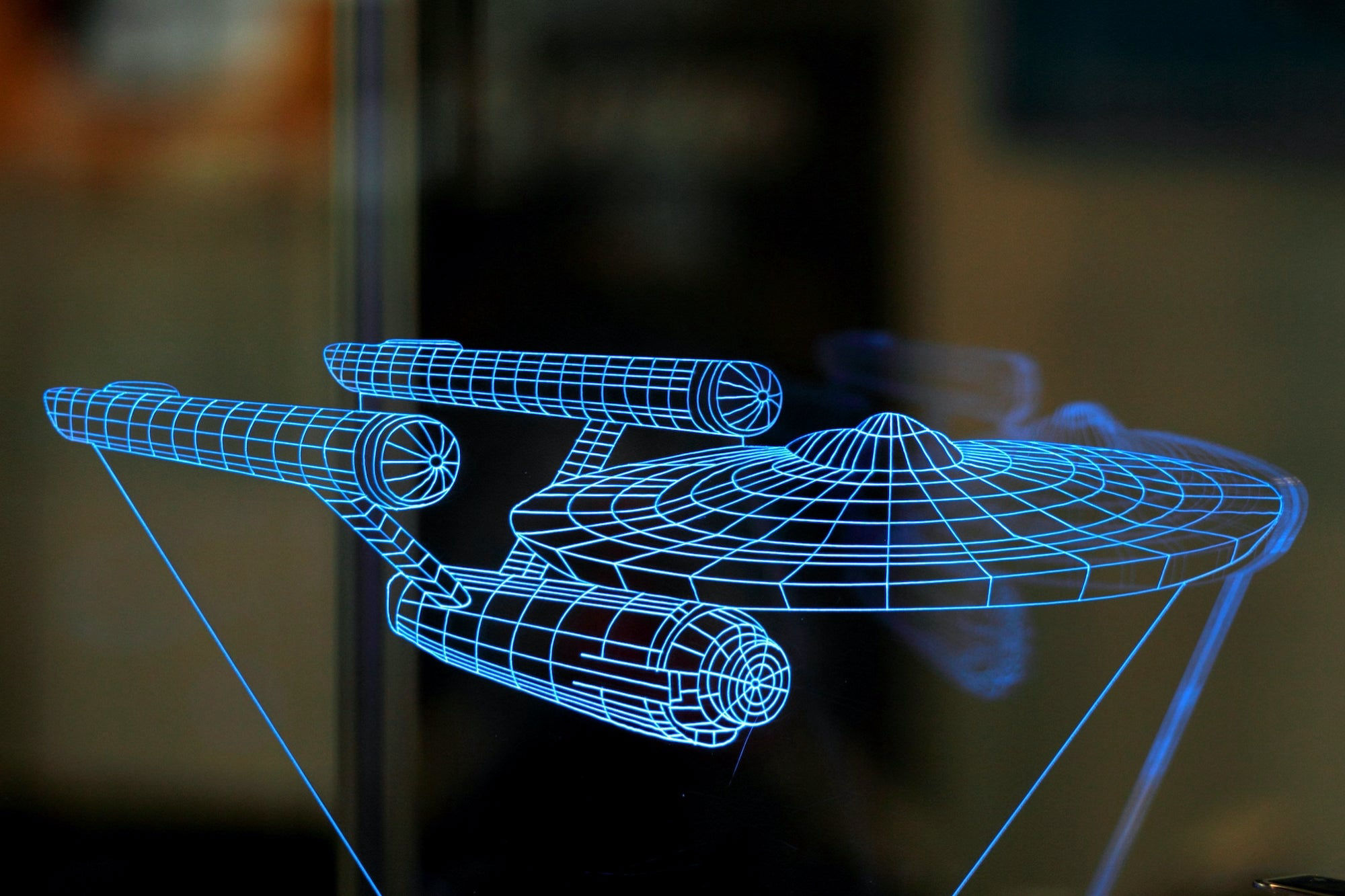Imagination as a Catalyst for Innovation
Science fiction is not merely a realm of fantasy; it serves as a powerful catalyst for innovation. By envisioning advanced technologies and scenarios, science fiction authors and creators challenge the limits of current knowledge and inspire real-world inventors to push the boundaries of what is possible. The imaginative concepts presented in science fiction often spark curiosity and drive the quest for technological advancements, leading to the development of new tools and systems.
Fictional Gadgets that Became Reality
One of the most notable ways science fiction has influenced real-world inventions is through the development of gadgets and technologies once considered purely speculative. For instance, the communicator devices featured in “Star Trek” closely resemble modern-day mobile phones, illustrating how speculative fiction can forecast future technological trends. Similarly, the concept of virtual reality, as depicted in various science fiction works, has evolved into a rapidly growing field with applications ranging from gaming to professional training.
Space Exploration and Beyond
Science fiction has also played a significant role in advancing space exploration. The imaginative depictions of space travel and extraterrestrial encounters have not only captured the public’s imagination but have also motivated scientific endeavors. The vision of space stations and interstellar travel, popularized by works like Arthur C. Clarke’s “2001: A Space Odyssey,” has inspired real-world projects such as the International Space Station and various space exploration missions.
The Role of Artificial Intelligence
Artificial intelligence (AI) is another area where science fiction has had a profound influence. The portrayal of intelligent robots and autonomous systems in science fiction literature and films has fueled research and development in AI. From the sentient robots in Isaac Asimov’s works to the advanced AI in films like “Ex Machina,” these fictional explorations have contributed to the growth of AI technology and its integration into various aspects of daily life.
Innovative Concepts in Energy and Transportation
Science fiction has also inspired innovations in energy and transportation. Concepts such as flying cars, futuristic public transport systems, and alternative energy sources have been explored in science fiction narratives and are increasingly becoming areas of real-world research and development. The dream of efficient and sustainable transportation solutions, as depicted in numerous science fiction stories, is driving advancements in electric and autonomous vehicles.
Medical Technologies Inspired by Sci-Fi
Science fiction has often imagined futuristic medical devices that are now becoming a reality. For example, diagnostic tools resembling the “tricorder” from Star Trek are being developed to non-invasively monitor vital signs and detect health conditions. Robotic surgical assistants, wearable health trackers, and telemedicine platforms also echo technologies once thought of as science fiction. These advancements are revolutionizing patient care, increasing access to health services, and improving outcomes, especially in remote or underserved areas.
Smart Homes and the Internet of Things
The concept of intelligent, voice-activated homes was once a staple of sci-fi films and literature. Today, smart home technology—powered by the Internet of Things (IoT)—has made that vision a reality. Devices that control lighting, temperature, security, and appliances can now be managed through voice assistants and mobile apps. Sci-fi helped introduce the idea of seamless interaction between humans and machines in everyday environments, which has guided the design and adoption of these integrated, responsive living spaces.
Ethical Debates Sparked by Science Fiction
Beyond the realm of invention, science fiction has also prompted important ethical debates about the consequences of technological progress. Questions around AI consciousness, genetic engineering, surveillance, and autonomy were raised in fiction long before becoming real-world concerns. Works like Blade Runner, Gattaca, and Black Mirror have encouraged scientists, policymakers, and the public to consider the moral dimensions of innovation, helping shape more thoughtful approaches to emerging technologies.
A Feedback Loop of Inspiration
Perhaps the most fascinating aspect of the relationship between science fiction and invention is the continuous feedback loop it creates. While sci-fi inspires inventors, new technologies often inspire fresh waves of speculative fiction. As reality catches up with imagination, creators explore even more distant possibilities, keeping the cycle of innovation alive. This dynamic exchange fosters a culture of exploration and vision, proving that today’s dreams—no matter how outlandish—can become tomorrow’s reality.
InventHelp: Supporting Inventors
As inventors navigate the complex landscape of bringing their ideas to life, organizations like InventHelp play a crucial role in providing support and guidance. InventHelp Inventor Services offers a range of solutions designed to assist inventors in transforming their concepts into tangible products. From evaluating ideas to developing prototypes and devising marketing strategies, InventHelp Inventor Services helps inventors overcome challenges and move forward in the competitive field of invention.
